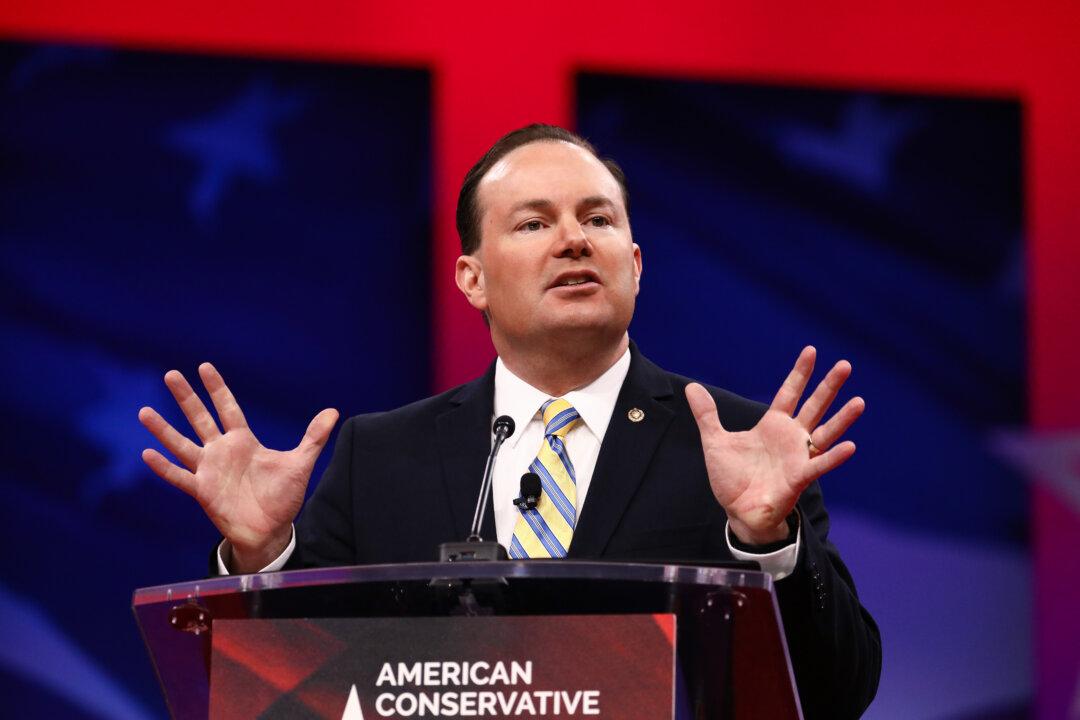WASHINGTON—A bipartisan group of 68 senators and representatives think it’s time that Congress be told how much new legislative proposals are going to increase the interest costs of the national debt before deciding whether to vote for them.
Cost estimates are prepared for all new legislative proposals by the Congressional Budget Office (CBO), but present projections don’t include additional debt interest, according to the group that is led by Sen. Mike Lee (R-Utah), Rep. Ed Case (D-Hawaii) and Rep. Michael Cloud (R-Texas).





